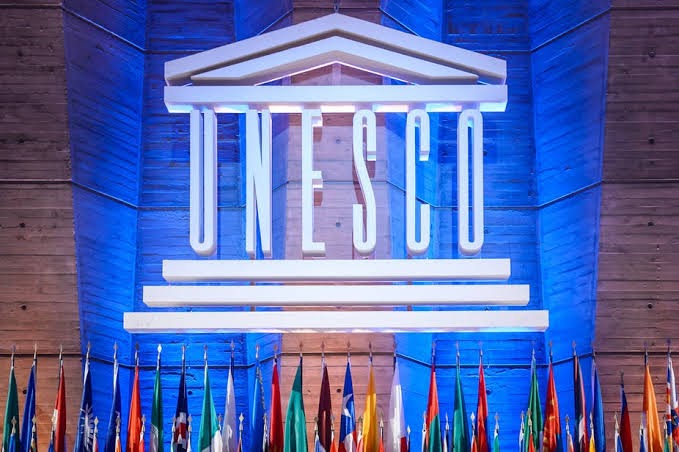Press Freedom: 59 Media Workers Killed In 2020 – UNESCO

The Director-General of UN Educational, Scientific Cultural Organization (UNESCO), Audrey Azoulay, has said that at least 59 media workers have been killed in 2020, four of them women; the lowest tolls in years.
In a statement on Wednesday, Azoulay said that, on average, one journalist has lost his life every four days over the past decade.
He noted that impunity for crimes against journalists has continued to prevail in nearly nine out of 10 cases, despite a small improvement in 2020.
According to the statement, Latin America and the Caribbean, together with Asia and the Pacific, registered the highest number of fatalities among journalists with 22 killings each.
Arab States Region and Africa recorded nine and six deaths respectively.
“All too many killings still occur and non-fatal attacks and harassment continue to soar. 2020 brought to the fore the dangers facing journalists as they report on protests such as Black Lives Matter demonstrations and other movements around the world, UNESCO said in a report published to coincide with the International Day to End Impunity for Crimes Against Journalists.
Earlier this year, the agency identified 125 protests in 65 countries at which journalists were attacked or arrested, between 1 January 2015 and 30 June 2020.
According to UNESCO, the safety of women journalists has remained a major source of concern.
“Targeted for their profession and gender, women journalists are particularly affected by online harassment and gender-based violence.”
Challenges to the safety of journalists were exacerbated by COVID-19, the statement said.
“The crisis it unleashed has threatened the very viability and survival of professional media outlets, due to the associated advertising revenue loss, creating “an even more precarious environment for media workers with new challenges to their right to seek, receive and impart information.”
Support Our Journalism
There are millions of ordinary people affected by conflict in Africa whose stories are missing in the mainstream media. HumAngle is determined to tell those challenging and under-reported stories, hoping that the people impacted by these conflicts will find the safety and security they deserve.
To ensure that we continue to provide public service coverage, we have a small favour to ask you. We want you to be part of our journalistic endeavour by contributing a token to us.
Your donation will further promote a robust, free, and independent media.
Donate HereStay Closer To The Stories That Matter




